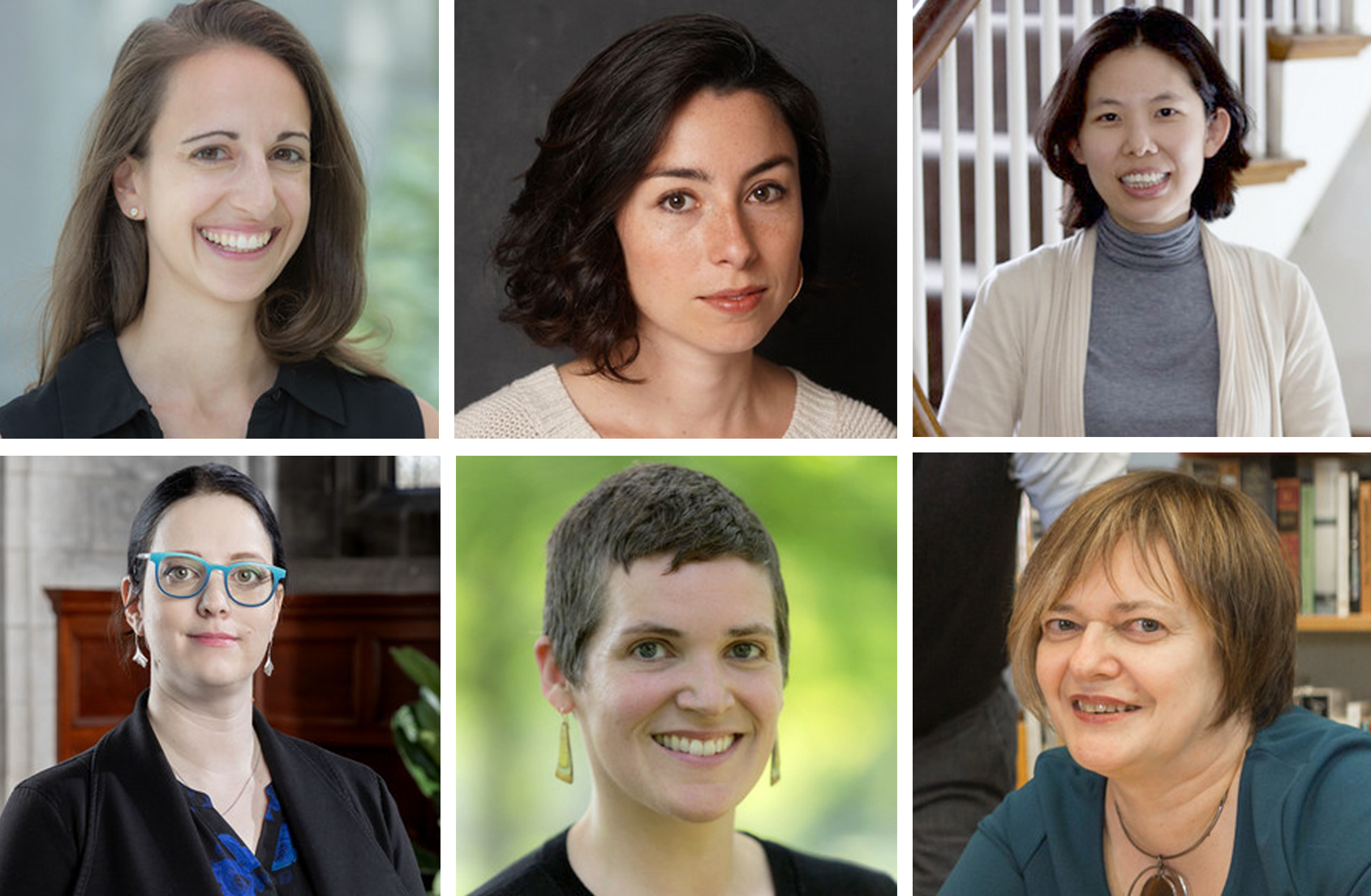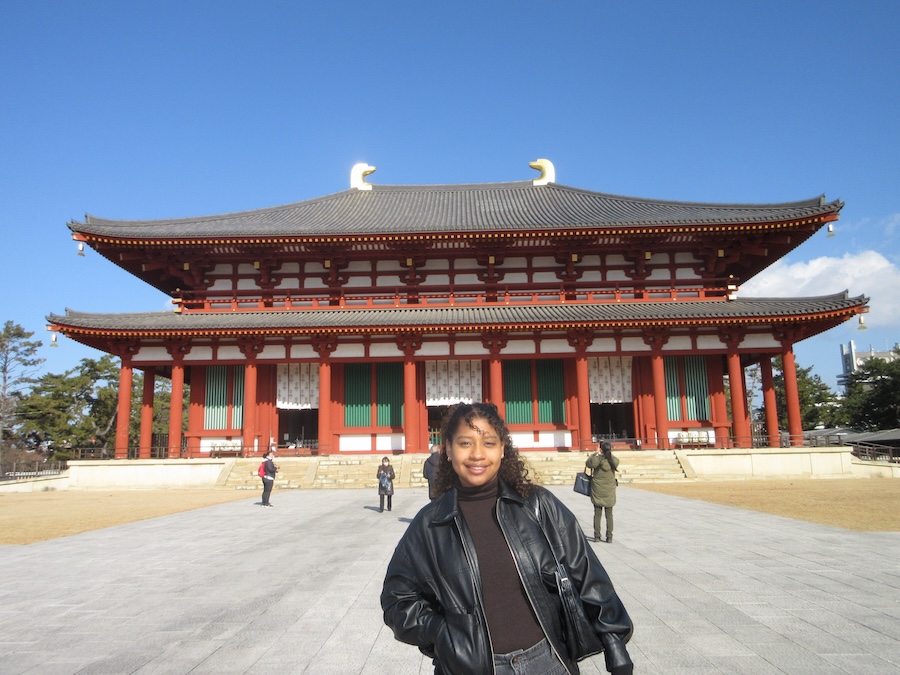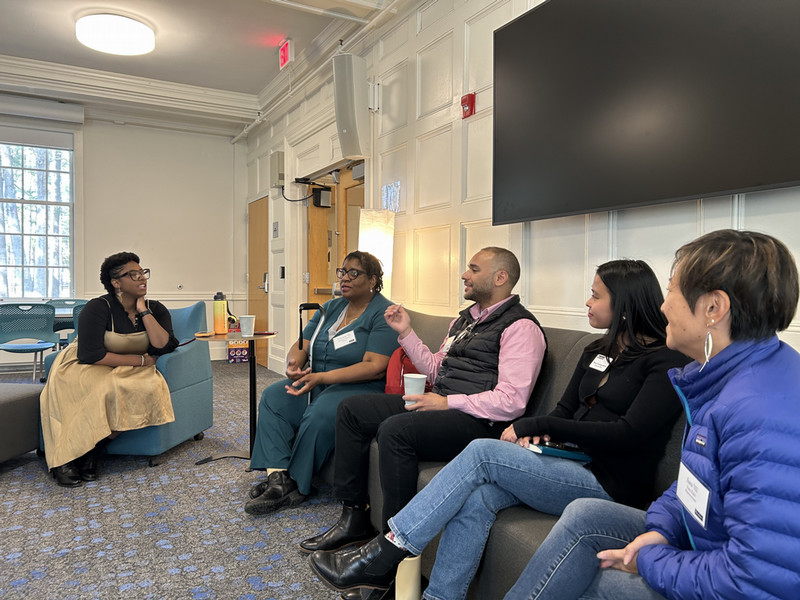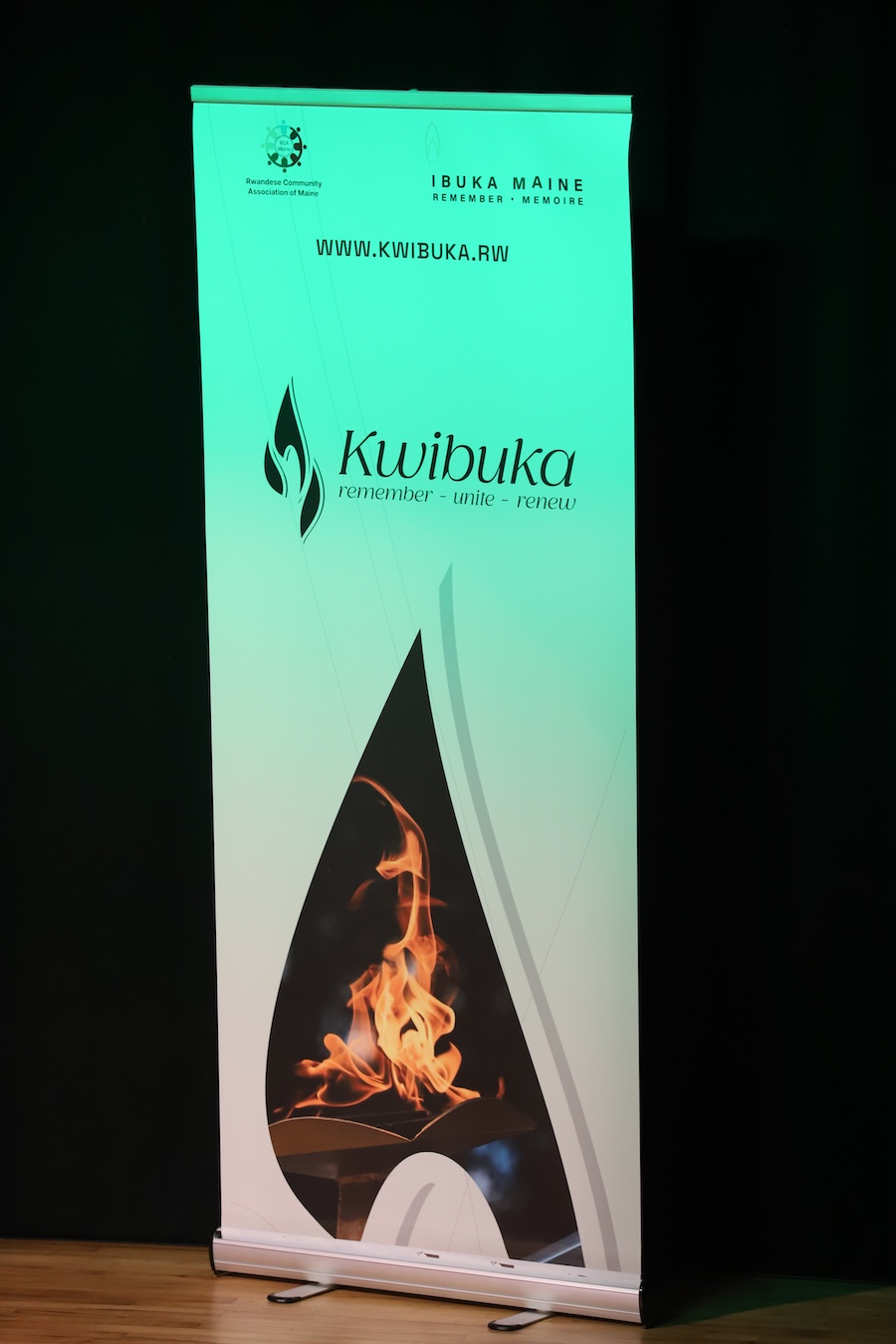Staff, Faculty, and Students Gather Online to Discuss COVID-19 and Racism
By Julius Long ’20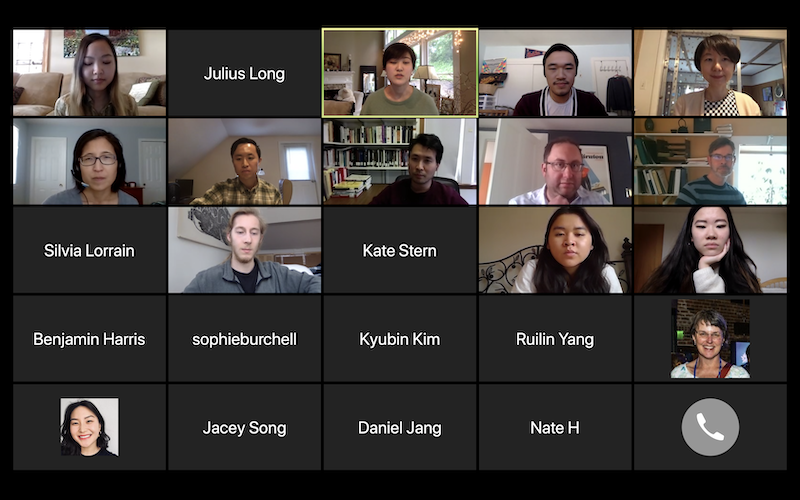
The panel discussed heightened racial bias against East Asians during the COVID-19 pandemic, and contextualized these attitudes within the history of Asian Americans in the US. They also spoke about the importance of ensuring that anti-Asian racism does not get overlooked in our society's discourse or by the media.
Panelists included Professor of History and Environmental Studies Connie Chiang, Associate Professor of History and Asian Studies Leah Zuo, Assistant Professor of Asian Studies John Kim, Assistant Director of the McKeen Center Matt Gee, and Arah Kang ’19.
Significantly, the virtual event took place during Asian Pacific American Heritage Month. Typically, during April, the Asian Students Alliance (ASA) guides the College community in recognizing and celebrating the diverse histories, identities, influences, and contributions of Asian and Pacific Islander Americans.
Kang, who is a former president of the ASA, spoke about what the student organization and Asian Pacific American Heritage Month means to her. “The preparation does not come easily,” she said. “On top of a rigorous curriculum, these students pour their heart and soul into this. Unfortunately, they had it cut short due to the pandemic, but they were able to quickly adapt and bring this panel to life, and that deserves recognition.”
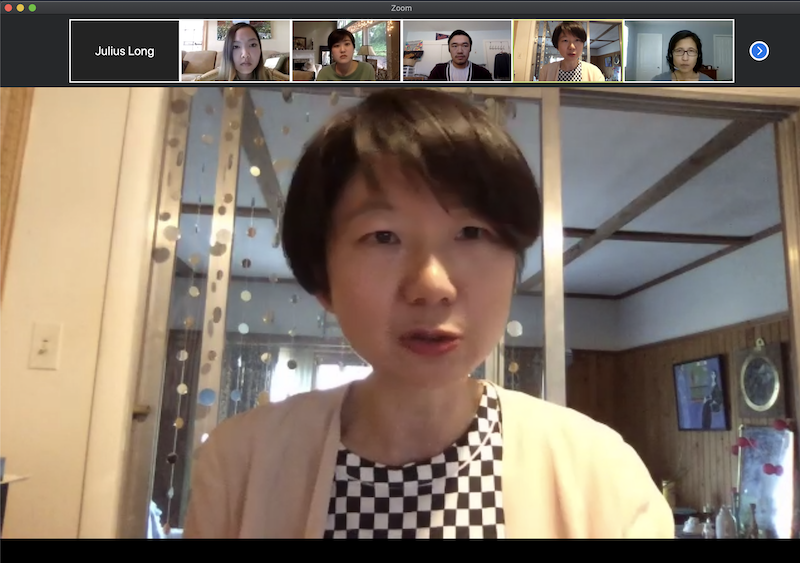
In light of the current public health crisis, many members of the community have had to change the way they think about their identities and their day-to-day lives, and to grapple with an extra layer of stress.
Though everyone in some way or another must deal with the hardships of the pandemic, there is an added layer of anxiety for those who identify as Asian. “I already had a lot of social anxiety about going outside, knowing that not everyone is practicing social distancing,” Kang said. “But I am also aware there has been a rise in hate crimes against Asian people.”
Zuo, who is from Wuhan, China, and has family and friends there, spoke of living a dual reality in January and February. “On the one side is Wuhan, that is sinking and on the verge of collapse. That’s the first place on Earth that had to deal with this, without any precedent,” she said.
This reality was far from what she was seeing in Brunswick. “For me, the daily struggle was to show up and teach history with my usual happy and positive energy,” she said. “Normally that’s not a problem for me, but it was a huge problem for me two months ago.”
As the virus spread, Zuo feared for the livelihood of loved ones in Wuhan, as well as those who would inevitably be affected in the United States. But campus life continued on, seemingly unfettered by the looming threat, causing her to reflect on empathy and its limits.
“What I’m seeing here is really the epistemological wall between those who are directly affected and those who are not,” she said. She explained that she observed the same disconnect during the Ebola crisis and H1N1, events that she knew relatively little about, because at the time, they didn’t directly impact her.
The panelists brought up a recent Washington Post op-ed by former Democratic presidential candidate Andrew Yang, in which he calls for Asian Americans to demonstrate their ‘Americanness’ in ways they never have before.
His argument didn't sit well with some readers. Chiang, who is currently teaching a class called Asian American History, 1850 to the Present, noted that “many scholars of Japanese American incarceration have said that Andrew Yang’s editorial resonates with some of the apologist rhetoric among Japanese Americans in World War II."
Matt Gee emphasized the power of documenting and sharing individual experiences during the pandemic. He encouraged those in attendance to share their stories with Bowdoin’s Special Collections & Archives, which is committed to keeping a record of Bowdoin during COVID-19.
Preserving the narratives of individuals, particularly those who have been historically marginalized, is a way to start to break down the epistemological wall that Zuo noted during the video conference.
Personal stories tend to simultaneously speak to both what is universal and what is unique about every life. “What’s really difficult about [speaking of] Asian Americanness is that it’s not monolithic. It’s a very diverse set of identities, cultures, languages, and experiences,” Kim said.
